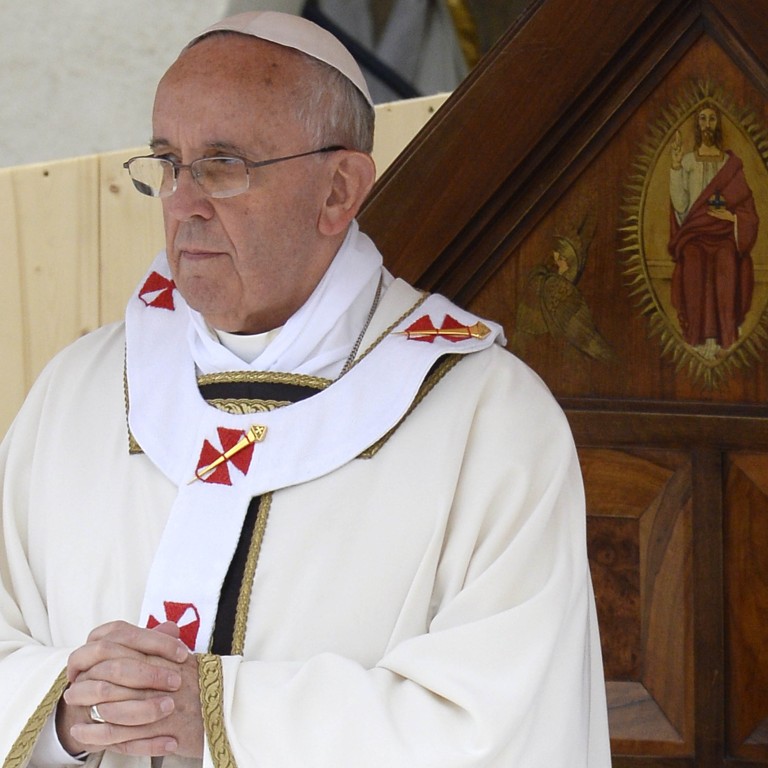
A traditional Catholic, and a truly catholic pope
Kevin Rafferty lauds Francis' vision of a more open, more caring church
Pope Francis continues to spring surprises, but perhaps the biggest one is that we now have a pope who is "catholic", that is, universal.
Asked to define himself, the new pope responded: "I am a sinner. This is the most accurate description. It is not a figure of speech, a literary genre. I am a sinner … I am a sinner whom the Lord has looked upon."
They show a pope determined to change the church's relationship with the world. The new thrust is openness and caring, especially for the downtrodden
The statement was part of a long interview with Antonio Spadaro, his fellow Jesuit and editor of
That interview and another, more spontaneous one with Eugenio Scalfari, the atheist founder of the Italian newspaper , show a pope determined to change the church's relationship with the world. The new thrust is openness and caring, especially for the downtrodden.
Popular articles have drawn attention to the differences in style between Francis and his predecessor, Benedict XVI, now living in retirement in the Vatican. Benedict was a monarchical figure with bright red loafers, who lived in the historic spaciousness of the Vatican apartments, generally kept himself to himself and ruled through the Curia, the formal government of the Holy See.
Francis is more the common man, who wears plain black shoes, lives in a guesthouse in a "small bare room with a table and five or six chairs and a painting on the wall", according to Scalfari, and is gregarious. He arranged the interview with Scalfari in a phone call that he made himself, and has surprised other ordinary people by responding directly to their messages with calls, starting, "Hi, it's Pope Francis here."
What is more important is the change in substance. Benedict was unafraid to see a shrunken church secure in its doctrines and was quick to kick out priests or theologians who dared to challenge strict orthodoxy.
Francis said in his formal interview: "This church with which we should be thinking is the home of all, not a small chapel that can hold only a small group of selected people. We must not reduce the bosom of the universal church to a nest protecting our mediocrity."
In his comments to Scalfari, Francis is scathing about the behaviour of the church, declaring that, "heads of the church have often been narcissists, flattered and thrilled by their courtiers. The court is the leprosy of the papacy."
This comment was published just as the pope's group of eight cardinals started work on reforming the Curia. Francis adds that the Curia has one defect: it is Vatican-centric. "This Vatican-centric view neglects the world around us," he said. "I do not share this view and I'll do everything I can to change it. The church is or should go back to being a community of God's people, and priests, pastors and bishops, who have the care of souls, are at the service of the people of God."
Francis criticised the church's preoccupation with "small-minded rules" and its obsession with narrow issues, such as contraception, abortion and gay marriage.
The abiding message of Francis is one of love and hope. He told Spadaro: "I have a dogmatic certainty: God is in every person's life. Even if the life of a person has been a disaster, even if it is destroyed by vices, drugs or anything else - God is in this person's life. You can, you must try to seek God in every human life."
There remain questions whether Francis can walk the talk, whether he can curb the baleful influences of the Curia and devise a new role for women, whom he says he admires. He will not change moral teachings on abortion and has shown no inclination to alter conventions about married priests, let alone consider women priests or revisit questions of contraception.
He is, after all, a traditional Catholic, but the world should be grateful for his catholic vision of life.

